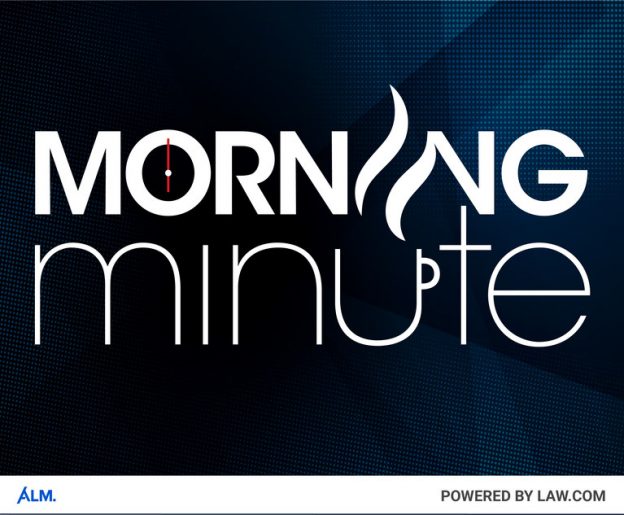DOCKET DIRECTIONS - Nearly 400,000 lawsuits now in federal courts are part of multidistrict litigation proceedings. Still, until this week, there were no specific rules on how judges should manage the giant dockets, some of which have thousands of cases. As Law.com’s Amanda Bronstad reports, the Advisory Committee on Civil Rules voted to recommend the first rule to govern multidistrict litigation. The committee dramatically scaled back Federal Rule of Civil Procedure 16.1 from several earlier proposals. However, if approved, the draft rule would provide guidance, particularly to judges, many of whom are new to multidistrict litigation. “It’s a very significant step forward,” said Alex Dahl, general counsel of the Lawyers for Civil Justice, which has advocated for an MDL rule for years. The committee’s recommendation goes to a standing committee that could decide in June whether to publish it for public comment. If published, there will be six months to provide public comments about the rule, beginning in August.
SLOW AND UNSTEADY - All eyes may be trained on the actions of the grand jury mulling a historic indictment of former President Donald Trump, but any perceived delays are likely just procedural happenstance, former prosecutors told Law.com’s Emily Saul. “The grand jury works in fits and starts,” said Karen Friedman Agnifilo, who previously served as Chief Assistant District Attorney of the Manhattan DA’s Office and worked there for decades. “It’s not like a trial where it goes in a particular schedule or a particular order.” John Moscow, a 30-year veteran prosecutor at the Manhattan DA’s Office, agrees. Now Senior Counsel at Lewis Baach Kaufmann Middlemiss, Moscow mused on the logistical difficulty of getting 23 people together in the first place, let alone the 16-person quorum needed to indict. “Anyone who’s ever tried to plan a party would understand,” he chuckled.










